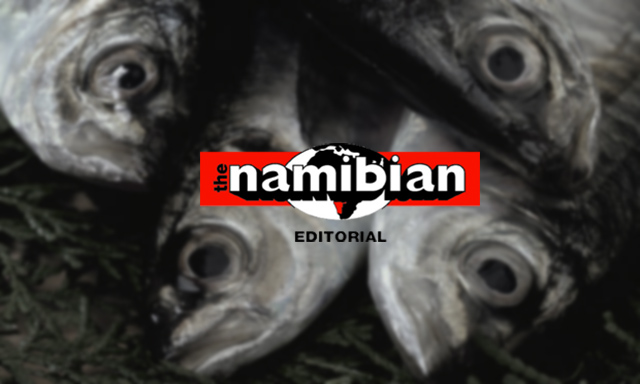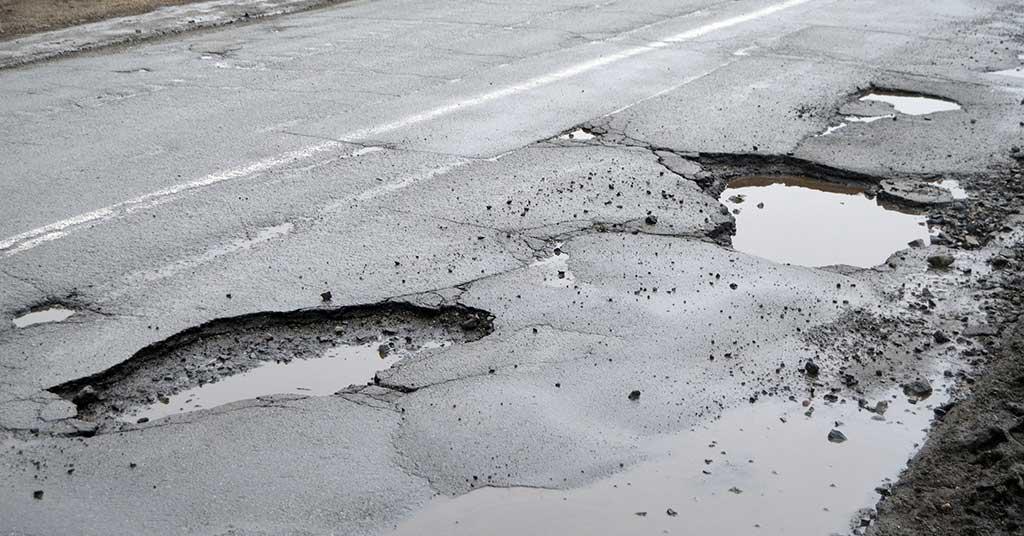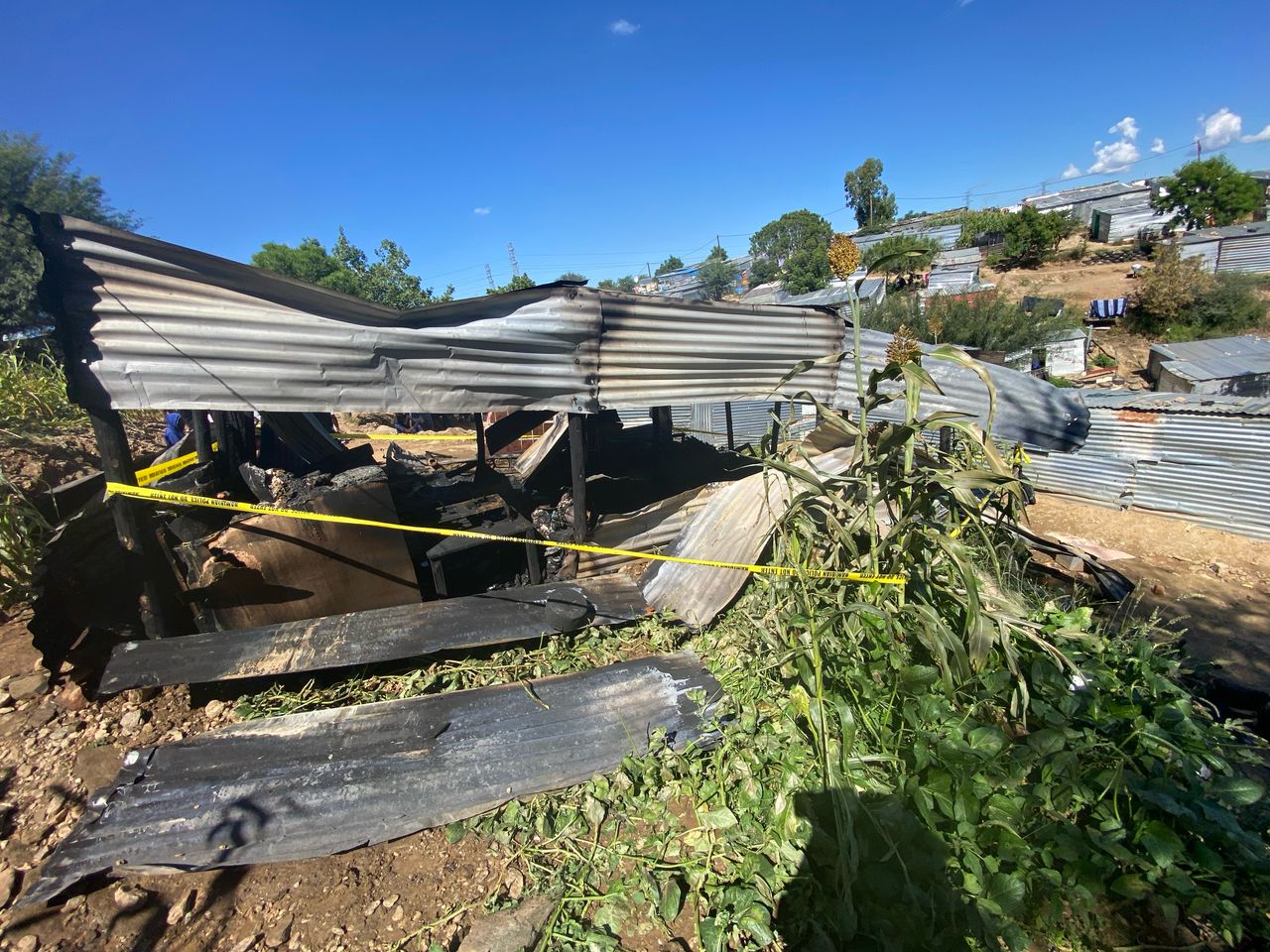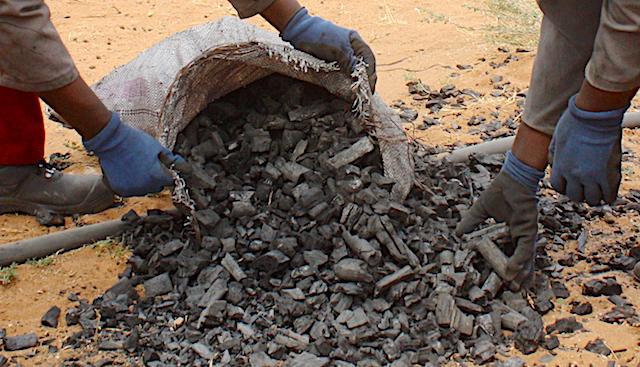A STORY in this week about a company caught red-handed stealing fish from the ocean might seem a minor distraction as Namibians battle the death and disease wrought by Covid-19.
But the details suggest that Omukokoli Fishing committed the kinds of atrocities that have deprived Namibia of vital resources to tackle the needs of the broader population, including Covid-19.
Among key people controlling Omukokoli Fishing company are environmental ministry chief executive Theofilus Nghitila and top government attorney Chris Nghaamwa. They are also the people entrusted with protecting public resources from greedy individuals.
Instead, Nghaamwa and Nghitila run a company accused of repeatedly stealing Namibia’s fish.
It is nothing short of entrusting sharks or seals with the responsibility of guarding the fish. Actually our comparison is unfair to the seals and sharks. Fish is a normal diet for seals and sharks.
Nghaamwa and Nghitila, like a few other well-connected Namibians, got free fishing rights and quotas to get filthy rich. Add the alleged theft and we would understand why the Namibian economy has been moribund with endless recessions and depression.
The Ministry of Fisheries and Marine Resources terminated the licence of Omukokoli Fishing last month only after several complaints by the Namibian Hake Association and the Fisheries Observer Agency.
In one instance, an Omukokoli vessel was found to have illegally landed 80 000 individual fish – species they had no permission to catch. Their fishing licence is for sole. Omukokoli were caught with 77% hake and 10,8% monk. They landed only 1,3% of the sole that they are allowed to catch.
Before cancelling the licence, the ministry of fisheries reportedly gave Omukokoli a “second chance” after meeting the company’s representatives. It would be interesting to know to what extent Nghaamwa and Nghitala were involved in those consultations.
As directors, Nghaamwa and Nghitila were from the onset entangled in a conflict of interest. Nghaamwa provides legal advice to ministries like fisheries on setting up contracts with companies. Nghitila, as executive director of the environment ministry, is the guardian of natural resources to ensure sustainability.
For all we know the Nghitila and Nghaamwa conflict of interest could be worse. As former environmental commissioner, Nghitila issued a licence to a company pushing to mine phosphate on the seafloor. The fishing industry has opposed phosphate mining. The High Court recently found that the licence was defective. The government might well be found to have acted in bad faith due to Nghitila’s fishing conflict.
Whichever way one looks at it, the role of these two so-called public servants in a fishing company and in the government is a microcosm of what is majorly wrong with the widespread practice of politicians and bureaucrats – as well as their relatives or close friends – owning, directing and controlling companies who benefit directly from government largesse, like classic parasites that only extract value.
It is no longer enough to simply tell people like Nghitila and Nghaamwa to “declare their interests”. They should be taken to task for jeopardising the benefit of public resources to the broader population.
In the Omukokoli case where criminality is alleged, the criminal justice system must be deployed to the fullest degree. And while that grinds on at its usual slow pace, Nghaamwa and Nghitila must be removed from their government positions.
Furthermore, they should be blacklisted from doing business with the state.
Namibia is in the doldrums mainly because of the “mice [that have been] put in charge of a cheese factory” or jackals herding lamb as if they were German shepherds.
It is long overdue for the country’s top leadership to get serious and oust such practices. Politicians and bureaucrats must choose civil service or go into private business.
If they remain referee-cum-player, Namibians can forget about tackling massive crises like the Covid-19 pandemic when resources are callously gobbled up by the greedy.
Stay informed with The Namibian – your source for credible journalism. Get in-depth reporting and opinions for
only N$85 a month. Invest in journalism, invest in democracy –
Subscribe Now!










